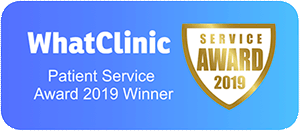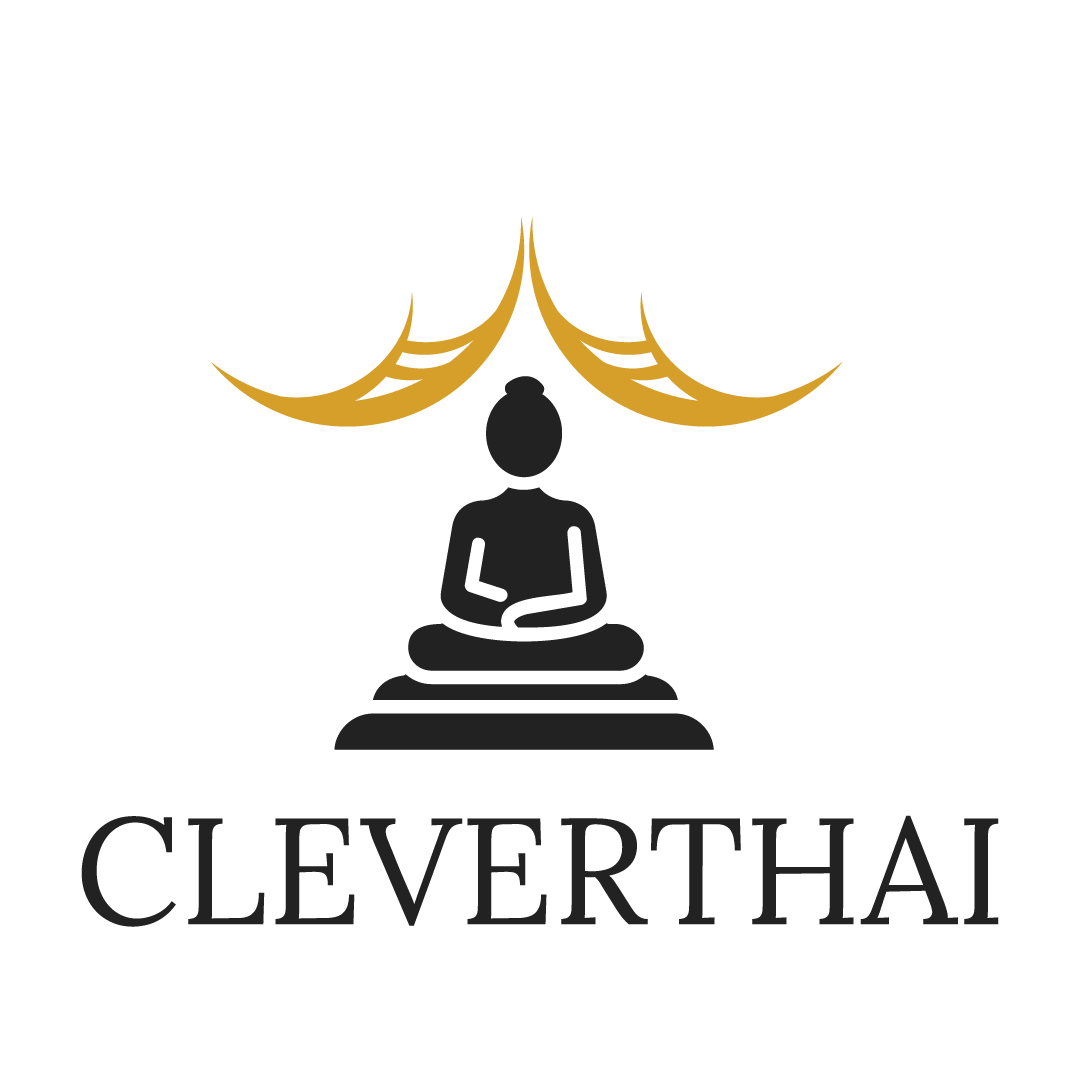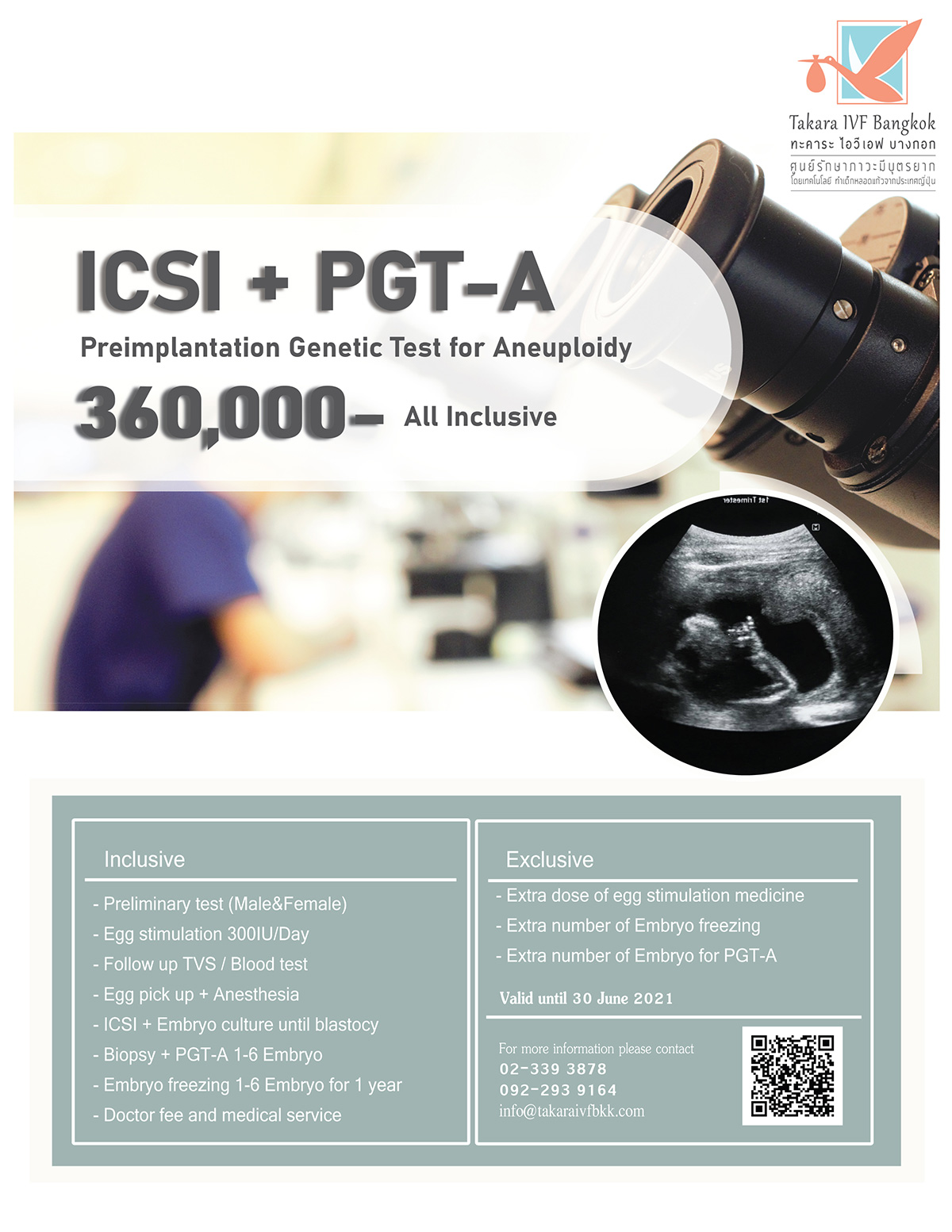


info@takaraivfbkk.com
+66 2 339 3878
sitemap






IVF & ICSI

As IUI treatment focuses on increasing the chance of allowing egg and sperm to fertilize themselves, and there is no evidence to prove that their fertilization happened or not. Especially, female patient suffering from blocked tube, some pelvic diseases such as Endometriosis, Pelvic Adhesion, or male patient with low quality sperm level. IVF treatment significantly increases the chances of pregnancy for couples with the above problems or other unidentifiable causes or failed from other treatments.
IVF starts from giving the injection of egg stimulation to increase the number of eggs. The eggs are then collected through the needle and fertilized with the prepared sperm under proper environmental controlled conditions in our laboratory. The fertilized eggs develop into “embryos” and continue to grow in our laboratory.
After 3-5 days growth, the embryo will be placed into the uterus for implantation and let the pregnancy begin. In case there are many embryos, the excess embryos can be frozen for future use.
Successful pregnancy rates resulting from this treatment shows about 30%-40%. However, the success rate can be varied by many factors such as age, embryo quality etc.
ICSI is a technique to assist fertilization for men with a high level of defect sperms reducing the chance of penetrating into the egg and failing to fertilize, or for men with low sperm count problems, or for men with obstructive azoospermia problems (vas deferens blocked).
ICSI is generally performed under a microscope using multiple micromanipulation devices screening a single quality sperm suitable for directly injection into an egg and then let the fertilization start. After fertilization we let the fertilized egg continue to grow into an embryo and then transfer it into the uterus.
Minimal Stimulation IVF
A treatment protocol which uses lower dose of medicines than conventional IVF Benefits are:
- Uses far less medication for stimulation of the ovaries to produce eggs.
- Needs only to produces a couple of eggs instead of many
- Lower overall cost
- Less discomfort
- Reduced risk of Ovarian Hyper Stimulation Syndrome, or OHSS.
- Lower dose of daily drug injections
- Minimizes the risk of ovarian and endometrial cancer from high dose IVF drugs.
Natural IVF
A form of IVF treatment following natural ovulation without using stimulation medicine until the egg reaches the final maturation. The medicine will be given at this stage only. This is a cost-saving treatment but there is a risk of having no egg or embryo. Throughout each natural cycle, only one egg is ovulated. This treatment is not suitable for an infertile patient with PCOs (Polycystic ovary syndrome).
Conventional IVF
Eggs are retrieved and fertilized in our on-site laboratory, then placed into the uterus. Conventional IVF has helped women achieve pregnancy even when they have damaged fallopian tubes or other barriers to pregnancy.
